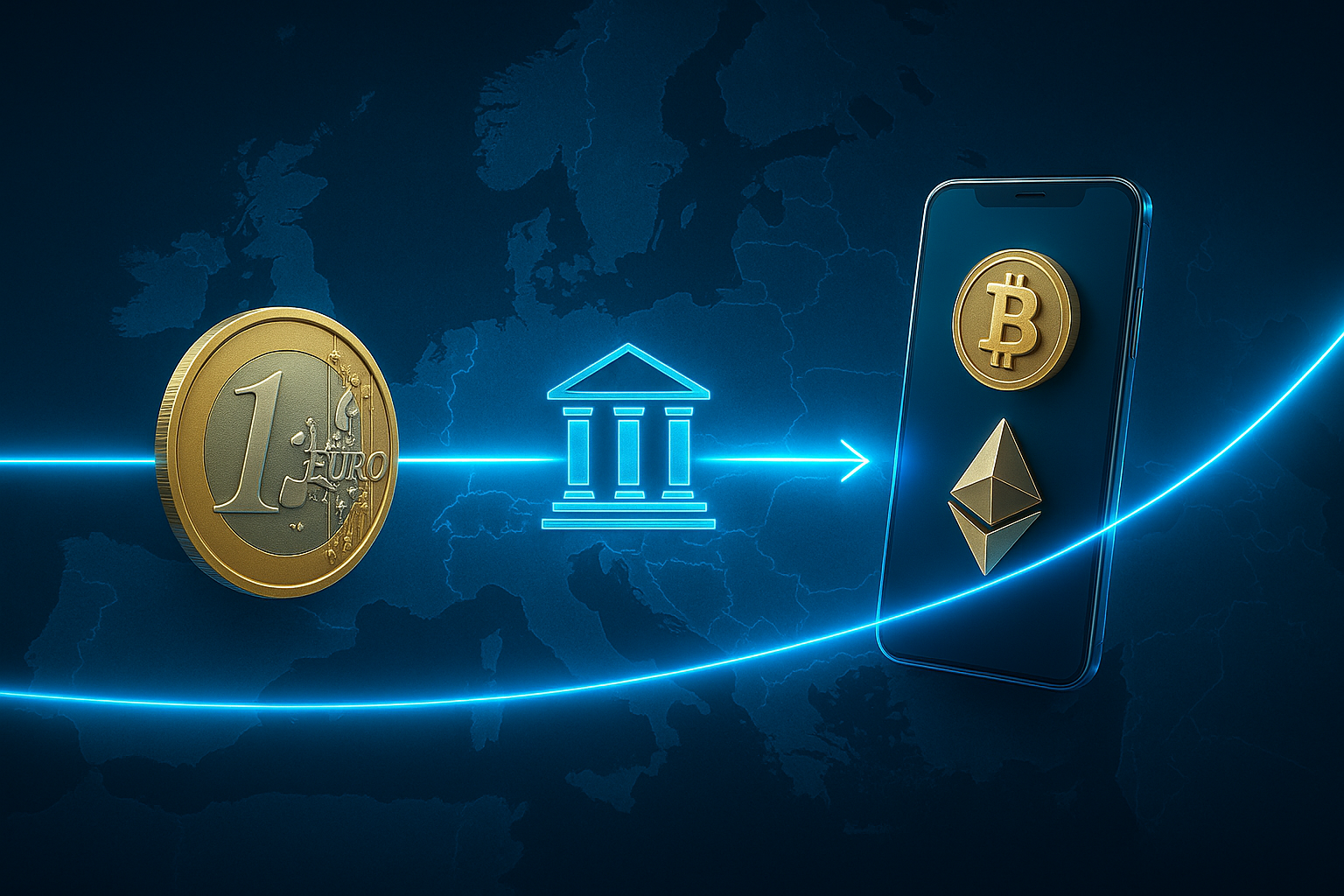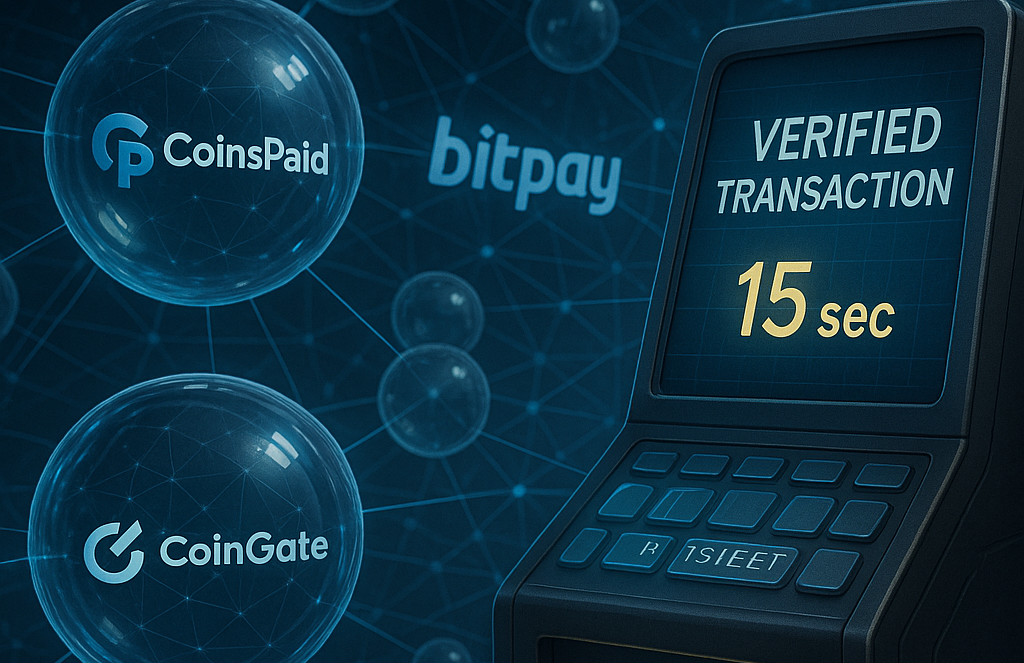

According to the European Gambling Market: Key Figures 2025 Edition by EGBA and Statista – Online Gambling & Payments 2025, more than 30 % of licensed operators in Europe now accept cryptocurrencies as a standard payment method.
This figure has almost doubled since 2022, confirming that blockchain is no longer a niche experiment but an infrastructure layer of iGaming. Transparency, traceability, and faster settlement build player trust and strengthen operator compliance.
While traditional bank transfers continue to operate, the balance in payment preferences has shifted — with most licensed operators now relying on hybrid systems where crypto complements fiat transactions. Blockchain enables faster withdrawals, verifiable transparency, and compliance-friendly AML tracking — not a replacement for banks, but a more efficient evolution of the payment layer.
Average crypto withdrawal time in 2025 — 15 minutes, compared with 27 hours for traditional bank transfers (EGBA Market Data 2025).
Explore section: Crypto Casino Reviews
The Mordor Intelligence – Digital Payments Market 2025 report values the European digital payments sector at $0.64 trillion, growing at a 15 % CAGR.
Within iGaming, the share of blockchain transactions is rising by about 11 % per year, reflecting steady adoption by licensed operators.
Analysts at Fast Offshore highlight three drivers: transaction speed, lower fees, and full AML alignment under European regulation
Related reading: Fast Payout Guide — verified fast-withdrawal operators.

Leading platforms are incorporating providers such as CoinsPaid, BitPay, and CoinGate to handle blockchain transactions.
Examples include:
● Ritzo Casino — supports BTC, ETH, USDT with near-instant withdrawals.● Neon54 Casino — offers multi-currency deposits and automatic crypto conversion.● WinBay Casino — combines e-wallet and blockchain payments under enhanced data protection.According to Mordor Intelligence – Europe Online Gambling Market 2025, the regional iGaming market is worth $47.2 billion, projected to reach $64.5 billion by 2030.
European regulators are gradually defining compliance rules for digital assets:
● Malta Gaming Authority (MGA) enforces the Policy on the Use of Distributed Ledger Technology by Authorised Persons, which governs crypto transactions and smart-contract use by licensees (MGA Policy on DLT, 2023).● Spain's DGOJ maintains the official register of licensed operators and manages the Comunicaciones Tasadas reporting channel for licensed entities, including payment-method updates.● UK Gambling Commission (UKGC) issues guides on Digital and Virtual Currencies and Blockchain technology and crypto-assets, requiring licensees to reassess AML risks and file a Key Event 8 when adding crypto options.UKGC requires updated AML assessments before crypto adoption; MGA regulates blockchain use via its DLT Policy; DGOJ ensures transparency through mandatory Comunicaciones Tasadas reports.
The Mordor Intelligence – Europe Online Gambling Market 2025 report notes that blockchain-based payments are shaping new compliance frameworks across Europe. Analysts from Fast Offshore predict that by 2026 most new license applicants in Malta, Spain, and the UK will have to demonstrate full AML transparency for all digital transactions. Meanwhile, Blockdata's 2025 Fintech Report shows that over 70 % of EU fintech payments already use blockchain-based digital identification layers.
This proves that blockchain is no longer an innovation add-on — it has become a compliance and trust mechanism. For players, crypto payments mean faster, verifiable, regulator-approved transactions.
Explore section: Top Rated Picks — the highest-rated operators of 2025.
Prepared by the WinBigCasinos Editorial Team , publishing expert news, payment-method analysis, and regulatory updates for the European and Latin American iGaming markets.
Published & Updated: October 2025